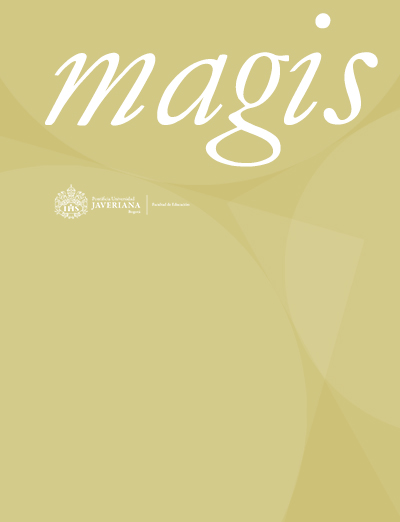Resumo
En el ámbito de la formación universitaria, las interacciones de los jóvenes con dispositivos móviles y diversos recursos digitales han posibilitado escenarios educativos distintos, alcanzando protagonismo durante el periodo de pandemia (COVID-19), por la transición obligada de la presencialidad a la virtualidad. Esto conduce a repensar la didáctica del medio para detonar innovaciones mediante recursos digitales que atiendan las necesidades de aprendizaje en congruencia con las condiciones y posibilidades de tiempo según las preferencias del estudiante. Desde esta visión prospectiva, el microaprendizaje constituye una estrategia innovadora que puede orientar hacia un aprendizaje breve, conciso y versátil en medios, formatos y pedagogías, las cuales suelen asociarse con la tecnología digital y móvil. El tiempo es una de sus dimensiones y presenta una diversidad de propuestas para concretarlo en las investigaciones. En ese sentido, el objetivo del texto es analizar el tiempo que se prefiere y las condiciones de los estudiantes para interactuar con diferentes recursos digitales, utilizando el microaprendizaje como perspectiva de análisis bajo un criterio temporal establecido. Se utilizó el enfoque cuantitativo transversal mediante la aplicación de un cuestionario en línea (n =1,349) en estudiantes de una universidad pública de México que reciben formación en tiempos de pandemia. En la lógica del tiempo del microaprendizaje, se encontró mayor preferencia para utilizar recursos de videos o tutoriales de autoría externa (53.5%), audios (53.7%) y presentaciones e infografías (58.3%). Sin embargo, para fines de aprendizaje los audios y los mapas mentales o conceptuales son los recursos menos sugeridos por los estudiantes (18.9% y 14.4% respectivamente). Además, el 14.3% tiene la posibilidad de desarrollar actividades en desplazamientos o descansos de trabajo y un 13.6% en entornos ruidosos. Se concluye que la enseñanza podría salir favorecida al hacer ajustes mediante innovaciones con la tecnología, donde se reconozcan las preferencias de los estudiantes con respecto a las condiciones para el uso de recursos digitales y los tiempos de interacción. Esto fundamenta dar espacio a la innovación mediante el desarrollo de recursos digitales para entornos virtuales, donde a causa de la pandemia se han intensificado y visibilizado las complejidades que ya se enfrentaban. Así, la situación dirige a reacondicionar los espacios virtuales como escenario educativo prioritario, agilizando la tendencia de incorporar tecnología y movilidad en la educación. Por lo tanto, se postula que el microaprendizaje ofrece una alternativa viable para innovar con los recursos disponibles y fomentar significativamente el interés por aprender en el estudiante.

Este trabalho está licenciado sob uma licença Creative Commons Attribution 4.0 International License.
Copyright (c) 2023 Fabiola Sala-Díaz, Edgar Oswaldo González-Bello


